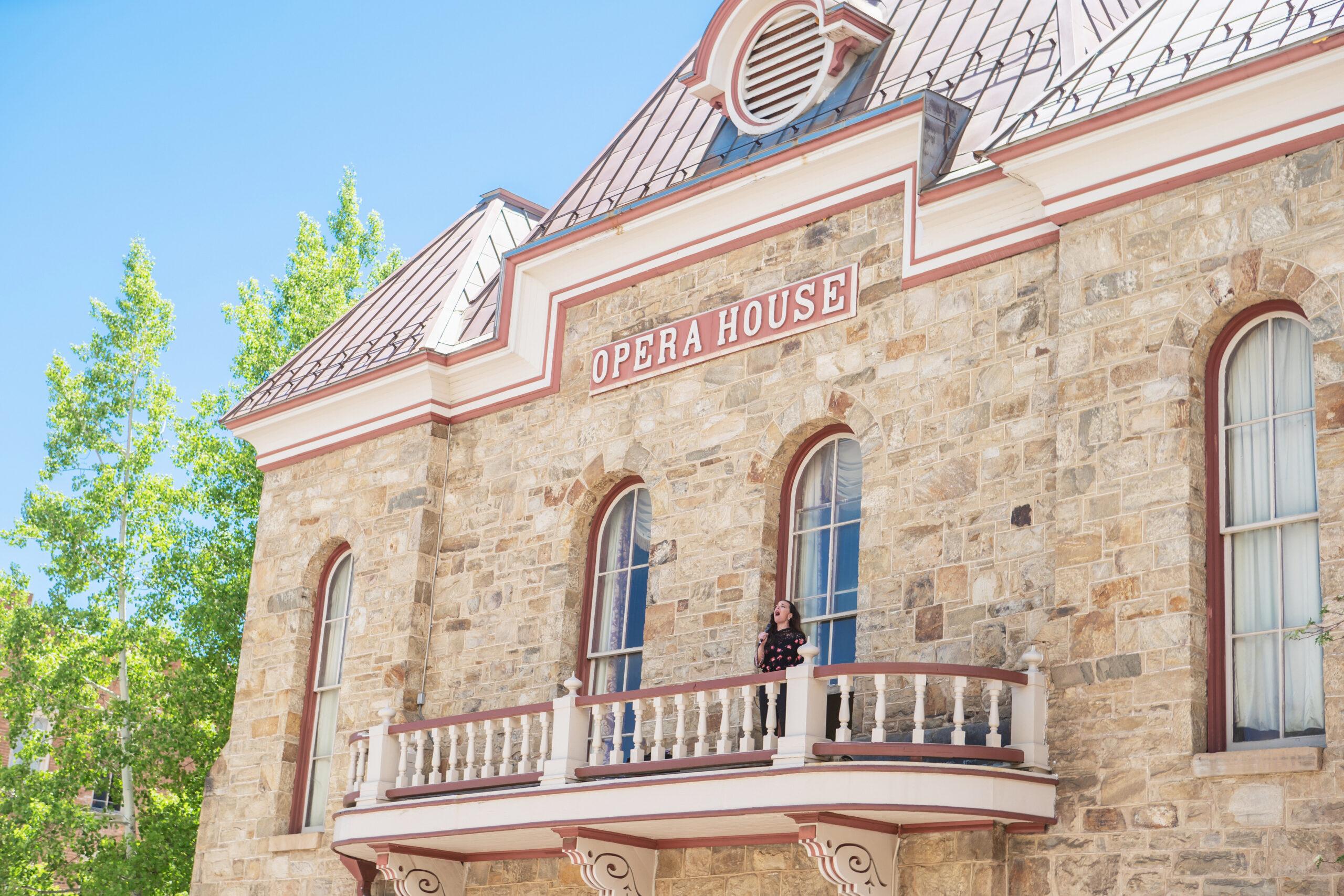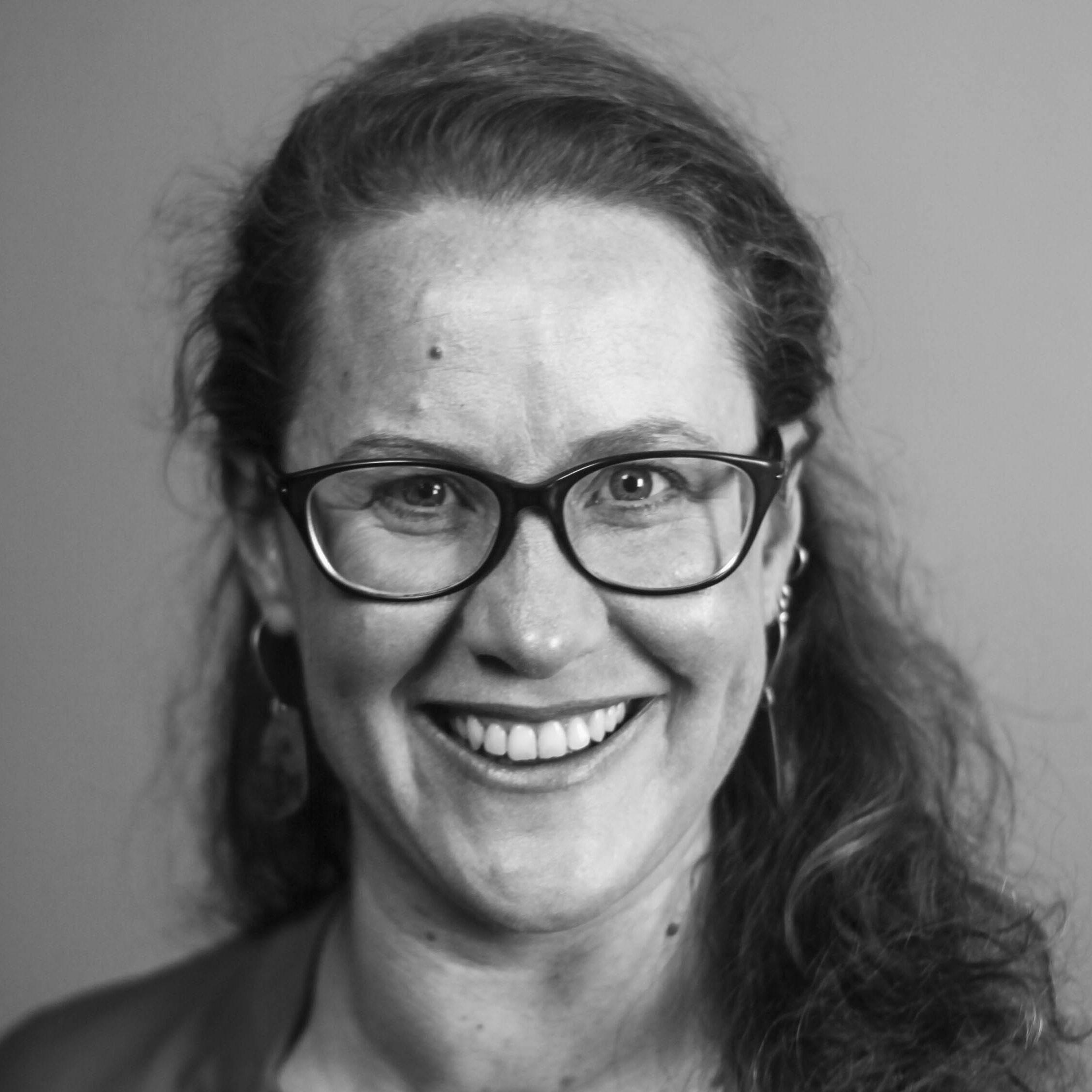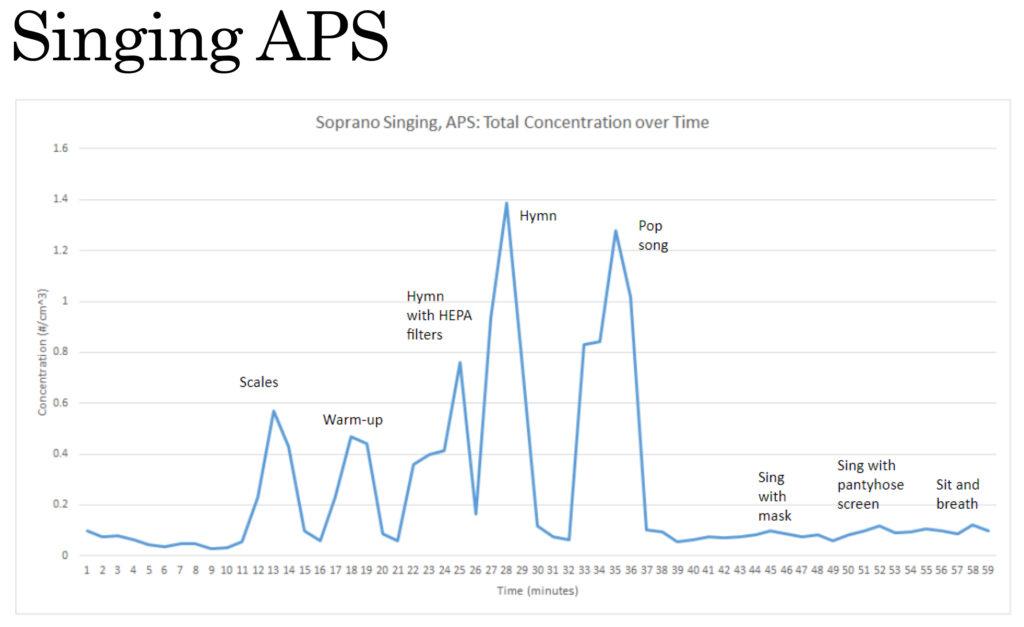
Journalists have been announcing the death of opera for years now. Articles with titles like “Opera is dead, in one chart”, “What happened to opera”, and “The Incredible Shrinking Opera Audience” give credence to the idea that opera companies should just throw in the towel. And this was before March 2020.
The COVID-19 pandemic shuttered concert halls around the world and opera companies abruptly ended their seasons. Most American companies have cancelled or rescheduled all performances through the end of 2020. Beyond the danger of packed audiences, the act of singing poses particular safety challenges due to the forceful expulsion of aerosols. Well documented cases of choir rehearsals becoming super-spreading events have caused the majority of rehearsals, professional and amateur, to stop as well.
Still, opera companies large and small (and their faithful audiences) are figuring out a way forward. Opera Colorado moved its production of “The Shining” from this fall to next June. Opera Steamboat moved its entire 2020 summer season to 2022. Smaller companies like the Loveland Opera Theatre and Opera Fort Collins have followed suit.
In the meantime a combination of free and paid offerings have popped up to fill the void. In addition to providing recordings from seasons past, companies are trying a multitude of new approaches. The picturesque balcony of the Central City Opera is being used for al fresco events, where an amplified singer serenades patrons sitting in the field across the street in sections marked with string to enforce physical distancing. Opera Steamboat recently sold out two physically-distanced concerts at Yampa River Botanic Park featuring tenor Ben Gulley and a quartet of instrumentalists. Opera Colorado is offering a digital series called Afternoon of American Song featuring their 2019-2020 Artists in Residence. Boulder Opera is holding their annual Opera in the Park with required RSVP and two seating times to ensure physical distancing.
Larger American opera companies have been able to do a little bit more. The Metropolitan Opera has programmed a series of live virtual recitals from superstars including Anna Netrebko, Roberto Alagna and Aleksandra Kurzak, Lise Davidsen, Bryn Terfel and others in dramatically beautiful locations like a Norwegian castle, an outdoor terrace on a cliff overlooking the Mediterranean Sea, a church in Wales, and a historic mansion in Washington, D.C.. Though the Met Opera House at New York's Lincoln Center remains quiet, radio broadcasts will air as usual on CPR Classical and feature the best performances from the vault. The broadcasts begin on December 5th with a 2002 performance of Sergei Prokofiev's "War and Peace" featuring opera stars Anna Netrebko, Dmitri Hvorostovsky and Samuel Ramey with Valery Gergiev conducting.
The Dallas Opera is seeing success in the digital realm with their innovative TDO Network. The network goes beyond archived performances and features interviews with singers and pit musicians, vocal coaching sessions, and even a “Diva Cake” baking series. The music platform just reached 9 million Facebook views.
Researchers from CU Boulder and University of Maryland are also stepping up to help singers, woodwind and brass players mitigate the dangers of live performance and rehearsal. In a newly commissioned study the research team looked at aerosol pathways from singers and instrumentalists in a variety of environments. Their preliminary results from round 2, released August 6th, recommend optimal air flow, outdoor spaces, physical distancing, well-fitting masks, and a break of 5 minutes after 30 minutes of playing or singing to limit aerosol interaction between people.
Matthew Plenk is a tenor (Cleveland Orchestra, Colorado Symphony, Metropolitan Opera) and director of the Lamont Opera Theatre at the University of Denver. He plans to teach a mixture of virtual and in-person voice lessons this fall. He'll hold in-person lessons in large rooms at Lamont School of Music with masks and breaks in-between students to air-out the rooms.
“Neither is ideal”, says Plenk,“but I think, especially with new students that I don’t know their voice, I feel I need to hear them in a live space so that I understand how their voice functions and then can translate that to the virtual lessons and through microphones.”
Since March, he’s discovered one benefit of virtual teaching, “I can get a lot closer to somebody’s face and neck than I could in-person and see the jaw and how a person’s face and mouth are functioning fully.”
Plenk doesn’t think opera is on its deathbed, but believes the pandemic’s parameters will propel “singers in general into a more 21st century music realm” through the use of innovative staging, microphones, and the virtual environment.
He sees opera moving away from grand Zeffirelli productions and toward “small venues, outdoor venues, things that are fairly limited in scope.” He also stressed the need for “more repertoire that represents our actual diverse landscape of humans… to engage a larger, broader audience and keep it alive. The opera business was struggling with a crisis of race identity and race equality before the pandemic. A big topic that we’re just starting to address.”
There’s no doubt that opera will continue to change and evolve while the world deals with the prevalence of COVID-19. Will the months-long absence of performance revenue shutter the opera houses of America or will the break create record attendance and the willingness to pay higher ticket prices when operas are safe to attend again?
One thing’s for certain, CPR Classical will keep you informed about all the virtual and physically distanced concerts that take place in the meantime.
Listen all week, August 17-23, when our airwaves are filled with the voices of megastars like Renée Fleming, Juan Diego Florez, Leontyne Price, Bryn Terfel and many more singing the greatest opera arias of Mozart, Verdi, Puccini, Bizet and others. And don't miss "A Night at the Opera", CPR Classical’s Summer of Stars Concert part of Summerfest, Friday @ 12:30 p.m., Saturday @ 6 p.m. & Sunday @ 4 p.m..
Listen to CPR Classical by clicking "Listen Live" on this website. You can also hear CPR Classical at 88.1 FM in Denver, at radio signals around Colorado, or ask your smart speaker to “Play CPR Classical.”










